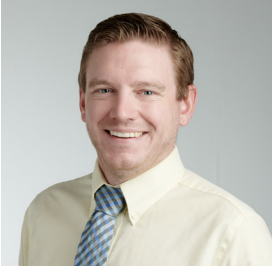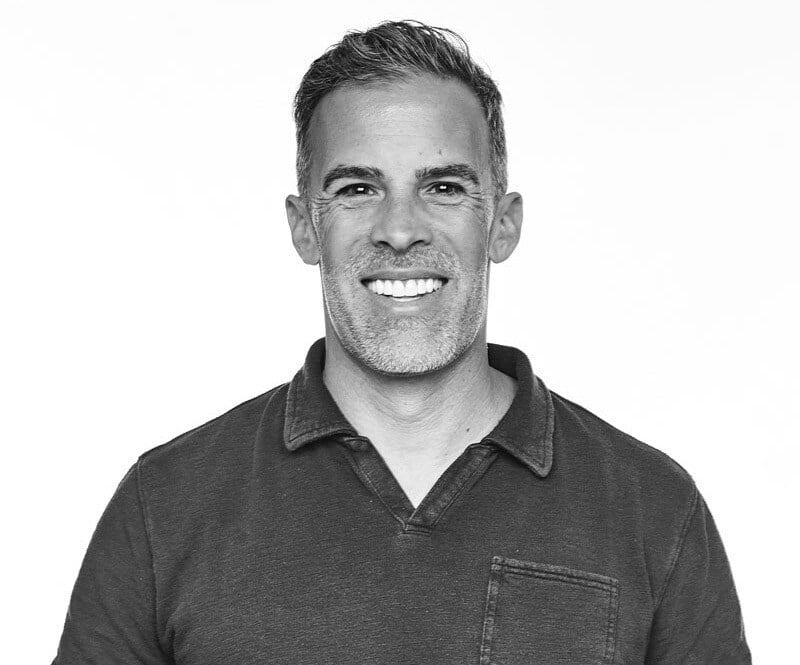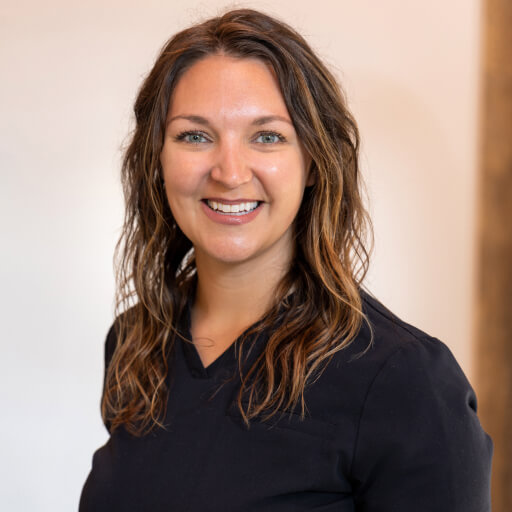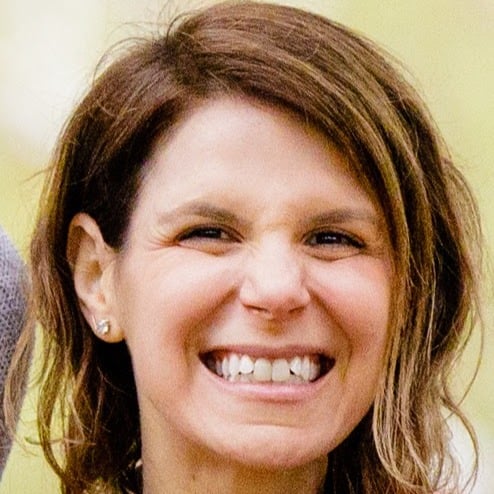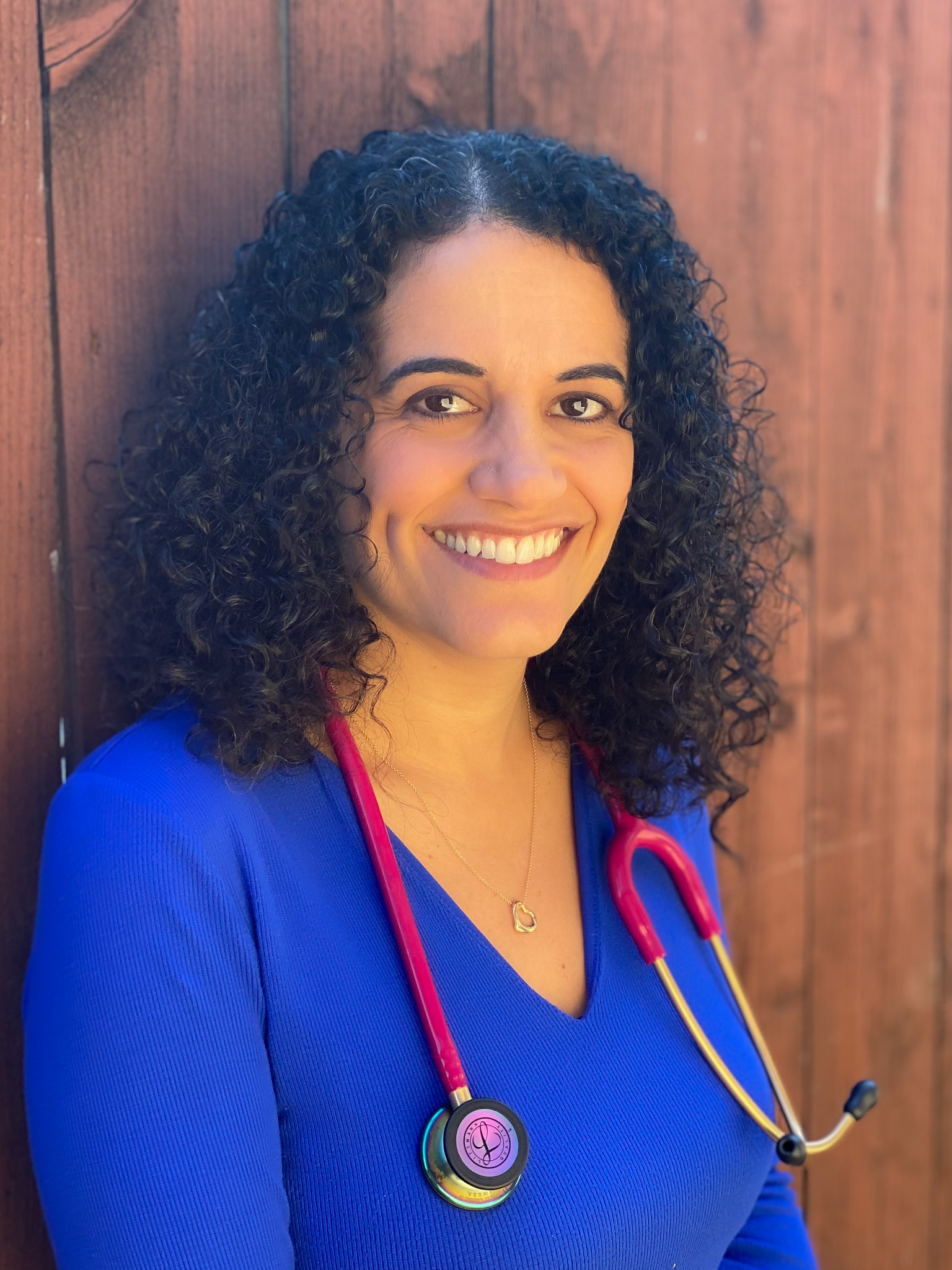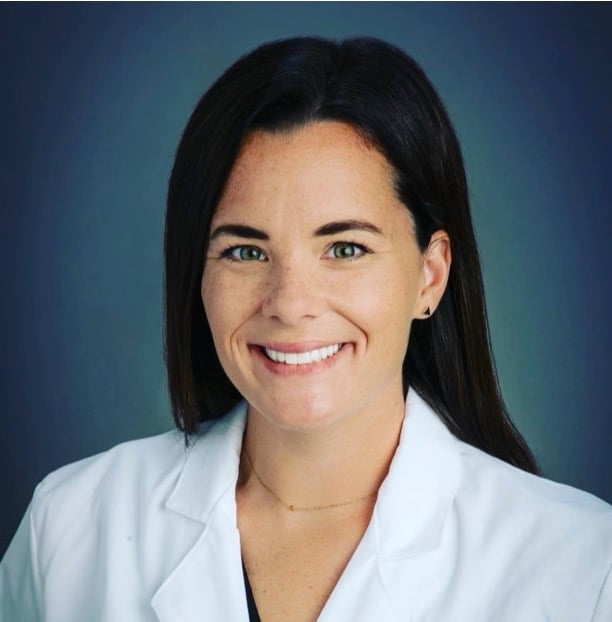Human Milk Expression & Storage Guidance
When it comes to understanding the dos and don’ts of human milk storage, we’ve got you covered. Think of this as your go-to resource for keeping that liquid gold fresh and making life a little easier for parents with busy days (and tired nights)!
Read more


